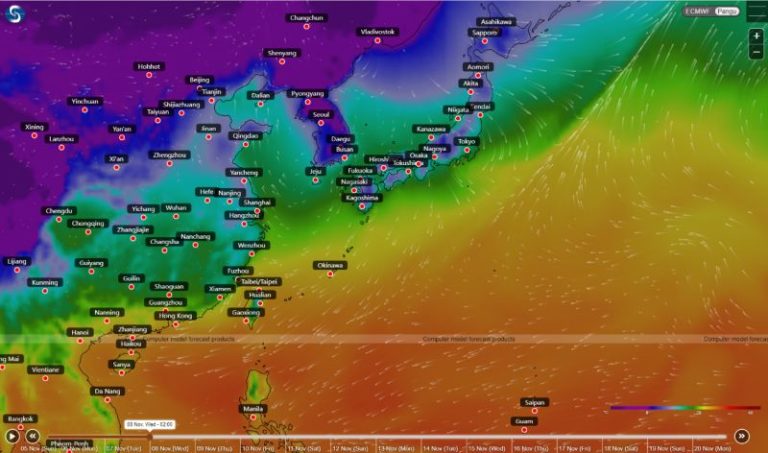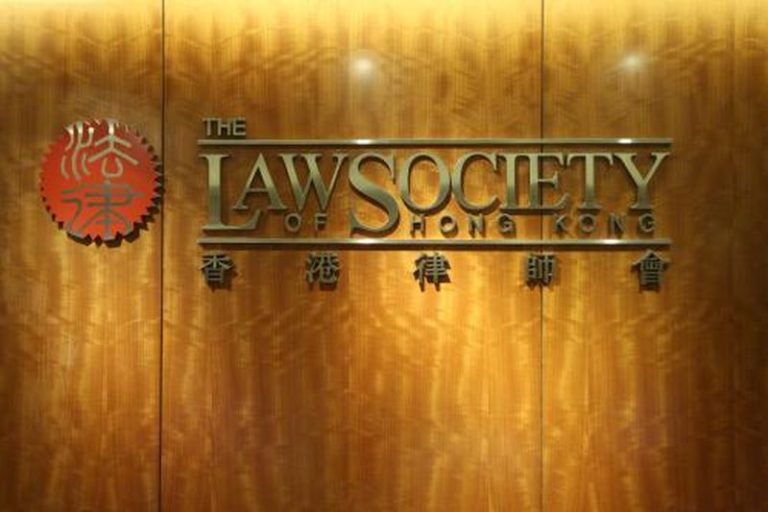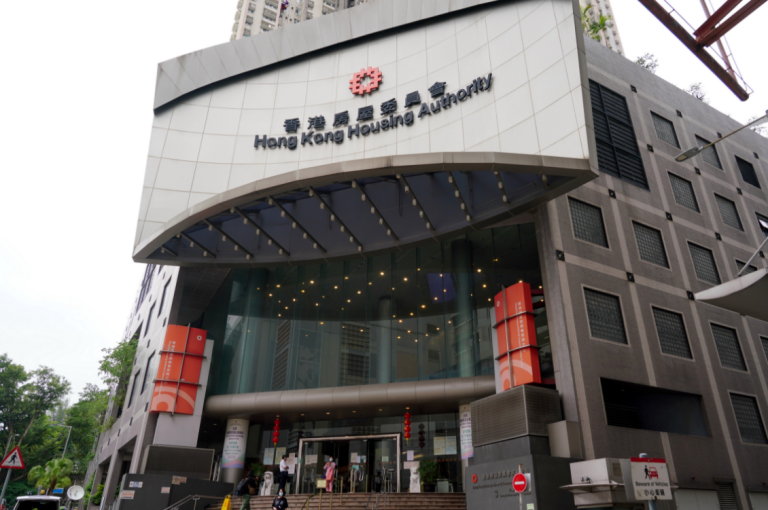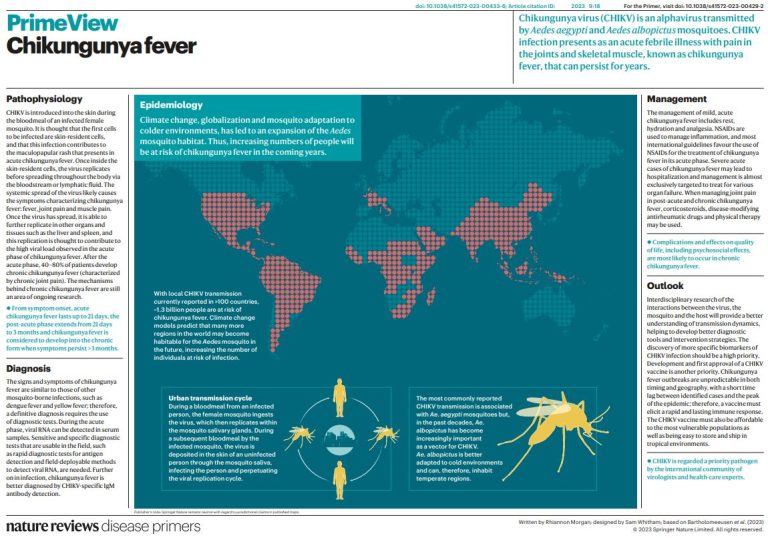Hong Kong’s health authorities have issued a critical public health advisory that residents and travelers should carefully consider following recent severe weather events. The Centre for Health Protection (CHP) is warning about an increased risk of melioidosis, a potentially serious bacterial infection that becomes more prevalent after typhoons and heavy rainfall.
Melioidosis is caused by Burkholderia pseudomallei, a bacterium commonly found in moist soil and muddy water—environments that become especially widespread during extreme weather conditions. Humans can contract this infection through multiple pathways, including direct contact with contaminated soil or water via open wounds, inhaling contaminated dust or water droplets, or accidentally ingesting untreated water.
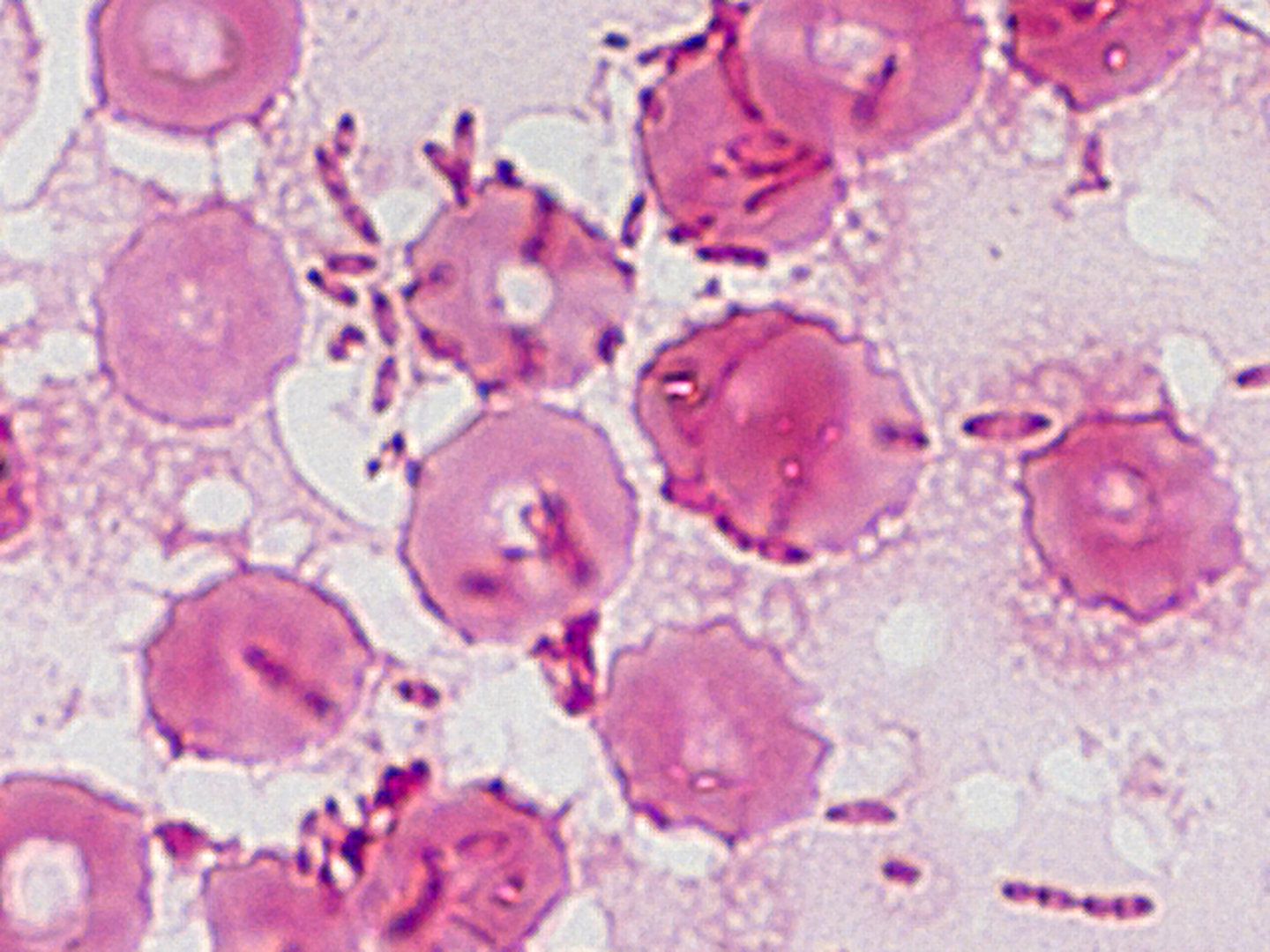
The current situation in Hong Kong is particularly noteworthy. In 2025, the CHP has already documented eight melioidosis cases, a significant increase compared to the 23 cases recorded throughout 2024. This surge follows a memorable outbreak in Sham Shui Po in 2022, which prompted authorities to enhance water safety measures, including advanced filtration systems and increased chlorine levels in the public water supply.
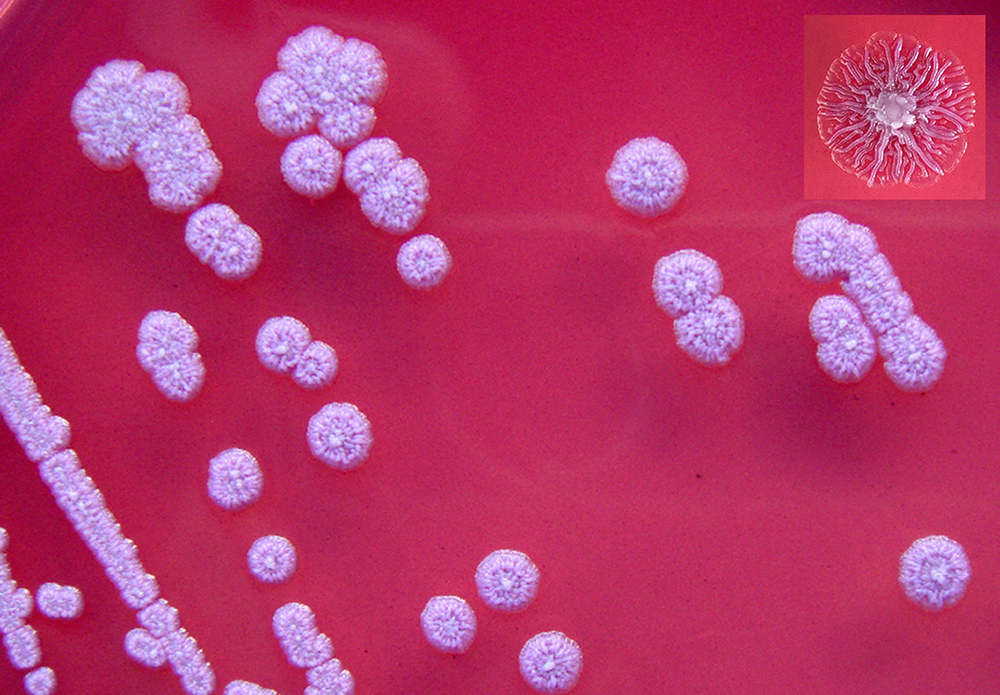
Certain populations face higher risks of severe complications. Individuals with weakened immune systems, diabetes, or chronic illnesses are especially vulnerable and should exercise extra caution. The infection’s symptoms can range from mild to life-threatening, including fever, headaches, localized pain, skin ulcers, and respiratory issues like coughing or chest pain. In severe cases, melioidosis can escalate to dangerous conditions such as pneumonia or sepsis.
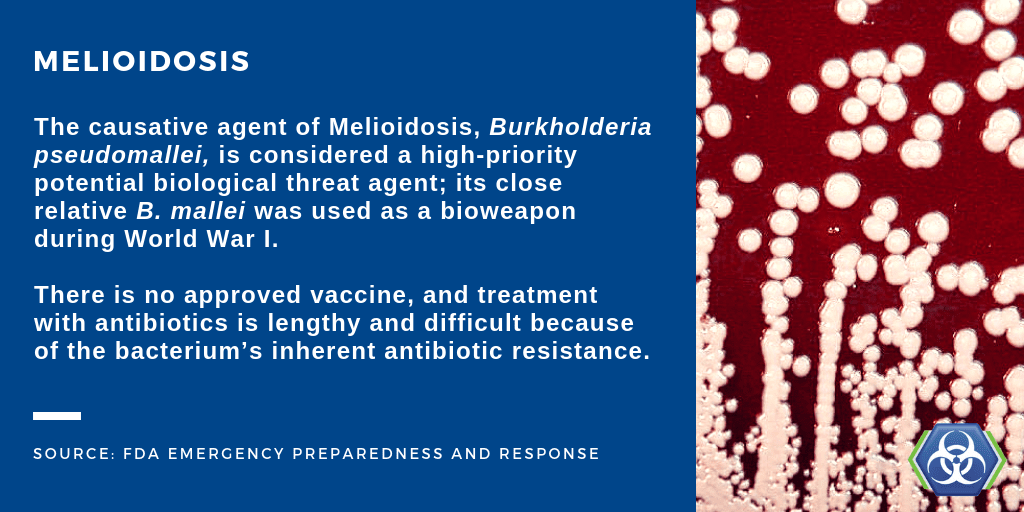
Health officials recommend several preventive strategies to minimize infection risks. Residents and visitors should avoid direct contact with soil or standing water, particularly in flood-affected areas. Those working outdoors should wear protective gear like gloves, masks, and waterproof boots. Proper wound care is crucial—individuals should clean cuts or abrasions promptly and cover them with waterproof bandages. Thorough handwashing after outdoor activities and avoiding untreated water are also essential precautions.
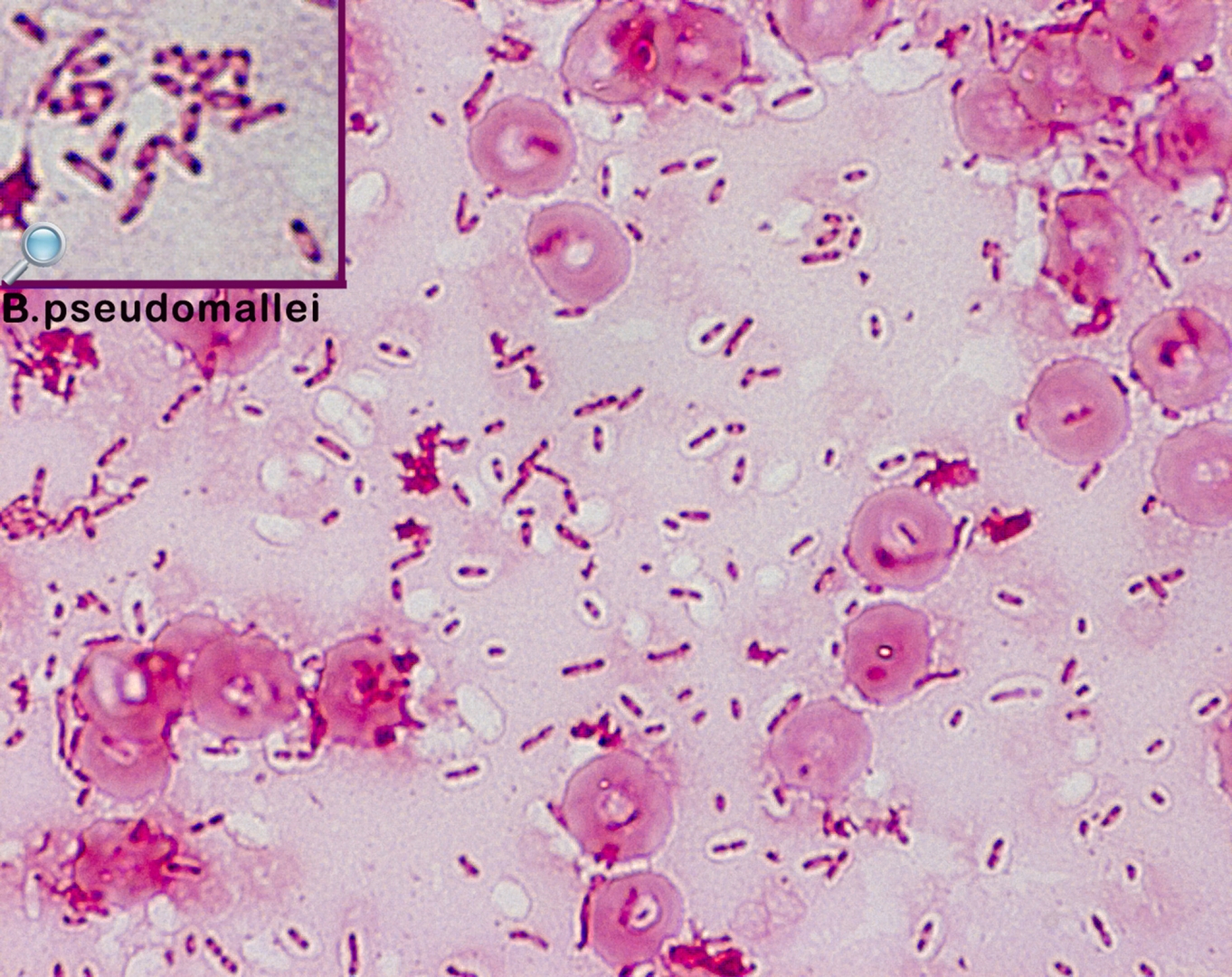
Importantly, the CHP emphasizes that person-to-person transmission of melioidosis is extremely rare. However, vigilance remains critical, especially during adverse weather conditions when exposure risks are heightened. High-risk groups, including the elderly and those with pre-existing health conditions, are strongly advised to seek immediate medical attention if they experience any potential symptoms.
The municipal response has been proactive. Regular water testing confirms that Hong Kong’s public water supply meets stringent health standards. The CHP continues to monitor the situation closely and encourages residents to stay informed by visiting their official website for the most current health advisories.
For travelers and residents alike, understanding these risks is paramount. While the threat may seem intimidating, following recommended precautions can significantly reduce the likelihood of infection. By remaining aware, practicing good hygiene, and taking sensible protective measures, individuals can effectively safeguard their health during and after severe weather events.
Those concerned about potential medical risks should consider consulting healthcare professionals and reviewing their insurance coverage to ensure comprehensive protection against environmental health challenges. The key is preparation, awareness, and proactive health management.

